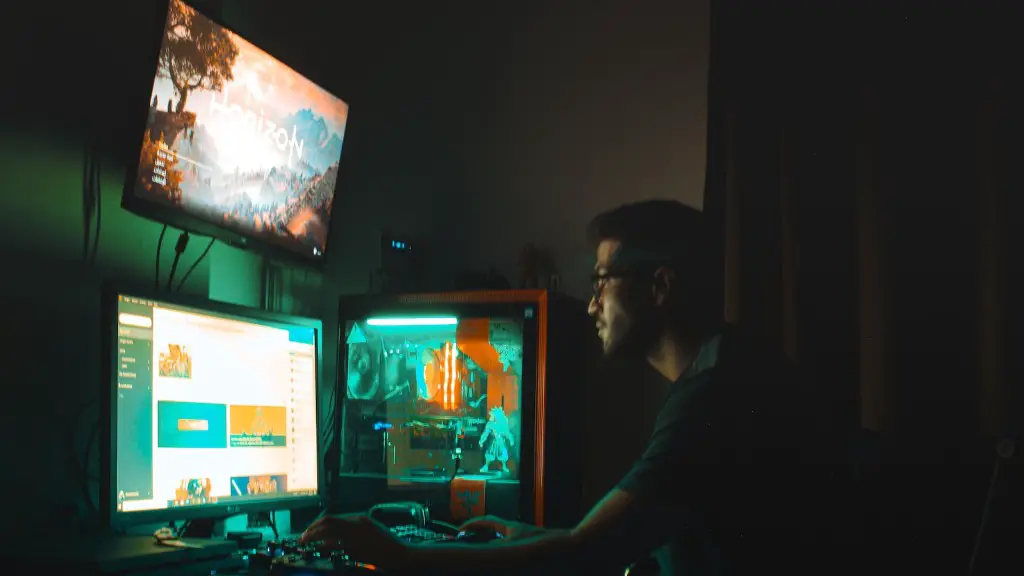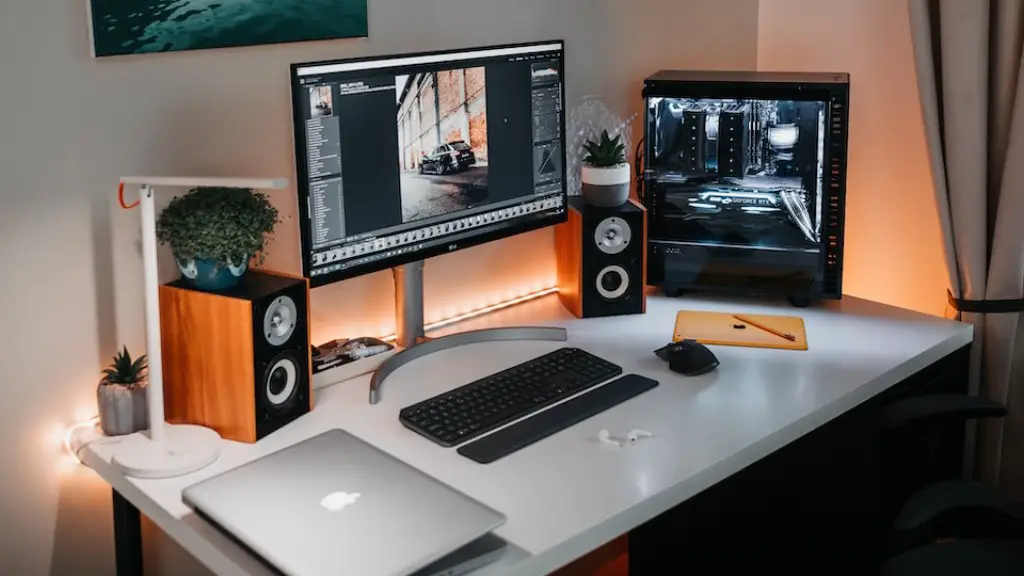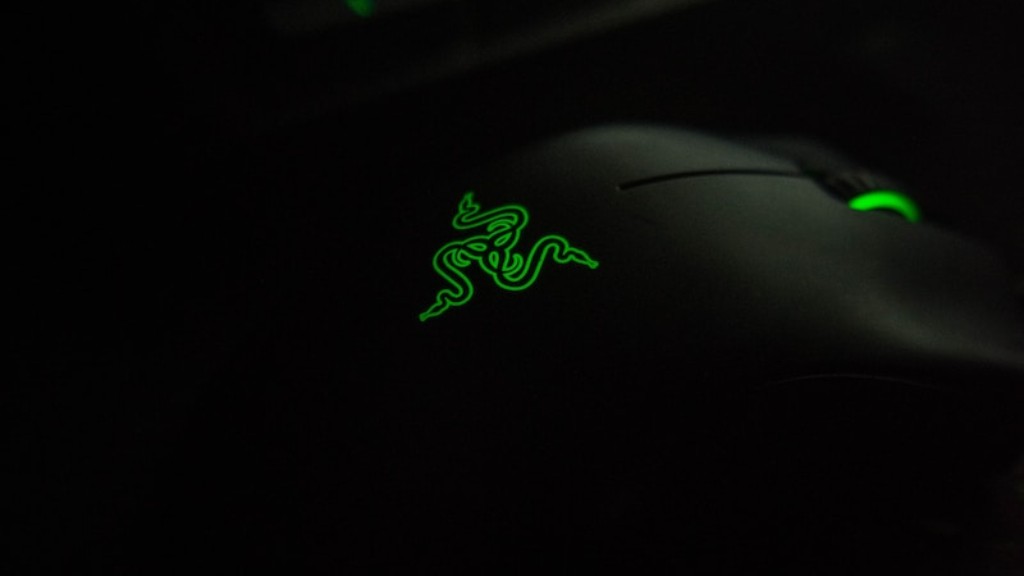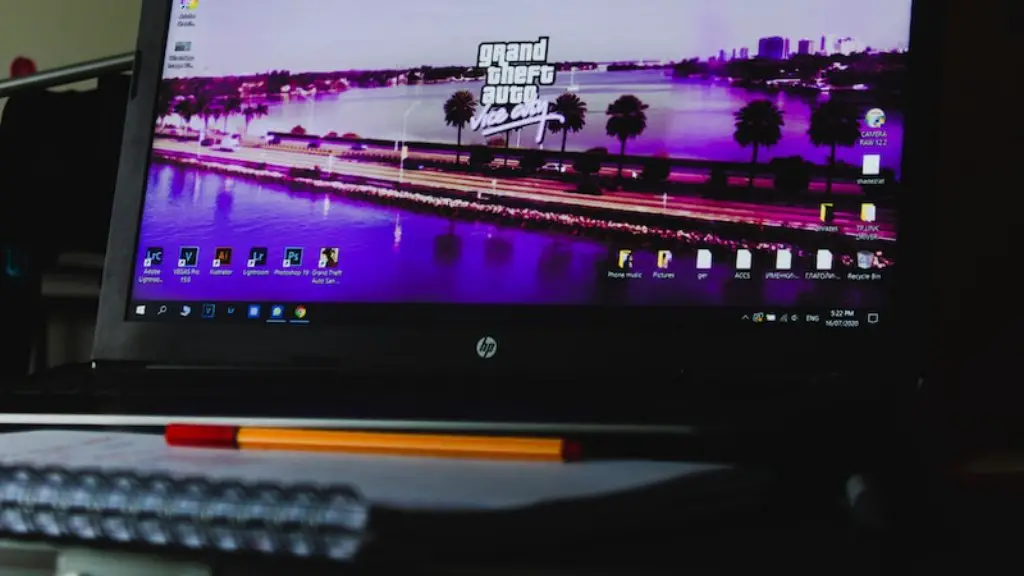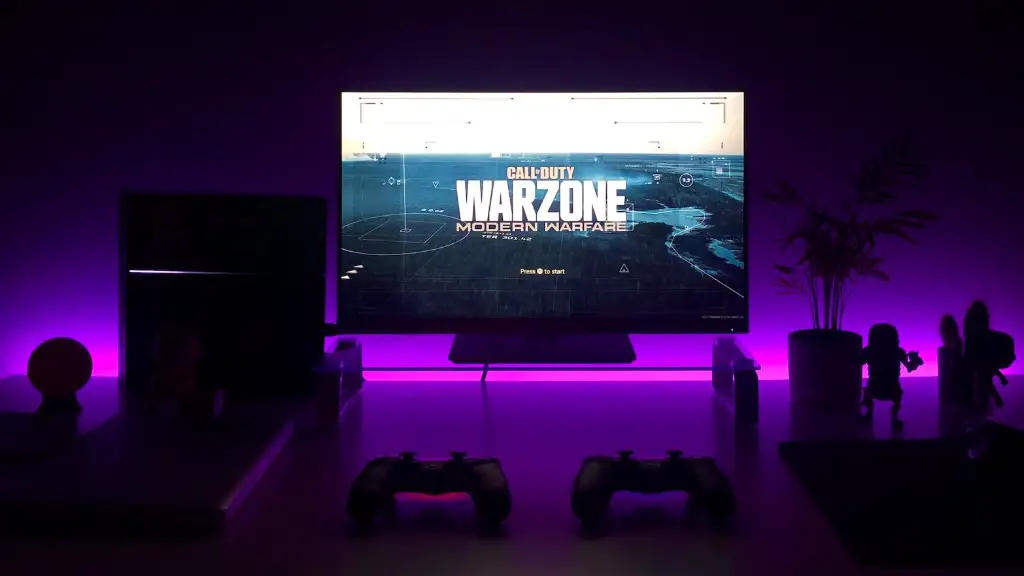Building a gaming PC from scratch is a daunting task for many, particularly those new to PC building. Where do you start? Fortunately, the process isn’t as bad as it seems, especially if you know the basics. Here is some essential advice to get you off on the right foot.
First and foremost, you will need to create a game plan. Figure out what components you need and the budget you have to work with. Research what type of PC will be most suitable for your gaming needs. Consider factors such as the type of games you play and the resolution of your monitor. Also, decide which platform you would like to build on, such as AMD or Intel.
Once you know exactly what you want and what you can feasibly afford, you can visit various retailers and find components that meet your criteria and budget. You’ll want to look for an affordable yet powerful motherboard and CPU, a good GPU for frame rates, compatible RAM that is fast enough for your games, and a steady power supply. You may also wish to invest in a storage solution such as an SSD to reduce loading times.
With your components, you should now have everything you need to begin construction. When starting, it’s always important to either check your box contents against the manufacturer’s specs or seek help from customer service. This way, you can ensure that all the packaged components are compatible. Also, you should be mindful of static discharge throughout the build. Try to ensure that you don’t transfer static to the PC’s components and short them out.
It is also helpful to use a well-illustrated guide to ensure that you put all the pieces together correctly. Assemble the principal components, such as the CPU, GPU, and RAM, as well as the other less important ones. Once assembled, you can then hook up the power and start the build process. You will also need to plug in additional peripherals, such as a monitor and keyboard, once the build is running.
Finally, after you have installed your OS and any relevant drivers, you will have a fully functional gaming PC. Ensure you configure the settings and optimize your system for improved performance. If everything went as planned, you will now be ready to enjoy the latest games without any worries.
Set Up a Budget
The cost of building a gaming PC varies depending on your game requirements and budget. Before you start buying components, you should determine how much money you are willing and able to spend. Don’t forget to factor in the cost of peripherals such as a monitor, keyboard, mouse, and speakers. This will help you narrow down your components to the ones that offer the best value. Be sure to look up prices at different retailers to get the best deal.
In addition, consider buying components that can be reused if you decide to upgrade the PC in future. Invest in a reliable brand or a value for money option as components bought on a budget are less likely to provide good performance and longevity. With a budget set, you can now start investing in components that fit in your price range.
When building on a tight budget, it’s also important to keep energy consumption at the forefront of your mind. Components such as a CPU, GPU, and RAM come with different TDP ratings, which should be taken into consideration. A higher TDP rating implies higher power consumption and increased temperatures, whereas a lower rating implies lower power consumption and lower temperatures.
Finding the right balance between performance and efficiency is crucial, as it helps to keep power costs down. Additionally, by properly managing the thermal load, you can ensure your system remains cool and functioning properly.
Choose the Right Motherboard
The motherboard is arguably one of the most important components in a gaming PC. It holds everything together and needs to be compatible with all other components. The right motherboard will ensure adequate bandwidth and power, as well as support for extra features you may need. When selecting a board, consider the type of socket it uses and make sure it matches the CPU you selected.
Also, note the chipset and form factor of the motherboard. An H-series, B-series, or Z-series chipset is ideal for a gaming PC. If space is an issue, look for a Mini-ITX form factor, which is a lot smaller than the standard ATX or Micro-ATX models. Likewise, if you want additional slots for storage or memory expansion, a Micro-ATX or ATX board is more suitable.
In terms of connectivity, if your PC will feature multiple GPUs, choose a board that supports Crossfire or SLI technologies. This will ensure that the GPUs cooperate to provide adequate performance in games. Additionally, try to find a board that offers plenty of USB ports and M.2 sockets. This allows you to connect more peripherals to your PC and save on space due to the socket’s compact nature.
Moreover, you should look for a motherboard with a good VRM design and ample cooling. You’ll want to make sure that the VRM and other crucial components on the board don’t get too hot, as this will cause performance issues and potentially damage the board.
Before you purchase the board, be sure to read reviews and check customer ratings to make sure you get the best board for your new PC.
Choose the Right GPU
A gaming PC needs a capable graphics card to game at maximum settings. This means you should aim for the latest GPU available within your budget range. When shopping for a GPU, consider whether you want a single-GPU setup or an SLI/Crossfire configuration. In addition, look for models that have at least 4GB of VRAM, as some recommendations suggest 8GB in order to sustain the latest games.
Also, consider the output ports of the GPU and make sure they match the ones on your monitor. Most gaming monitors still use the standard DVI and HDMI ports, but some may switch to the newer DisplayPort slots. To avoid unnecessary upgrades or replacements, double-check that the GPU has the required output.
Additionally, keep in mind the size of the GPU and how much cooling it has. It’s important to choose a GPU with an adequate cooling system, as temperatures can soar during intense gaming sessions. You may want to opt for a blower-style cooler if the size of your case is an issue, as this type of cooler won’t consume as much space.
Finally, check the TDP rating of the card and compare it with the specifications of your power supply. Make sure your PSU can provide enough power to support the GPU, as this will prevent damage to both components.
Add Additional Storage
If you want faster loading times and access to bigger game libraries, you may need to invest in additional storage options. HDD and SSD are the most common solutions for storing data and applications on PCs. The main difference between them is speed. An HDD provides larger storage at a low price, whereas the much faster SSD costs more.
When selecting storage, look for an HDD with ample storage space and a higher RPM rating. As for SSDs, try to purchase one with a larger cache size, as this increases read/write speeds. For the best performance, you could opt for an M.2 card, as this offers faster read/write speeds than conventional SSDs.
It’s also worth mentioning that a secondary storage drive such as an HDD can serve as an archive drive. Such drives hold infrequently accessed content that requires ample disk space. With an HDD, you will be able to store games and other large files that don’t need to be accessed quickly.
So, with enough research, the right components, and a good plan, you can be well on your way to building a powerful gaming PC. Keep the fundamentals in mind and, with any luck, you will have no trouble constructing the gaming PC of your dreams.
